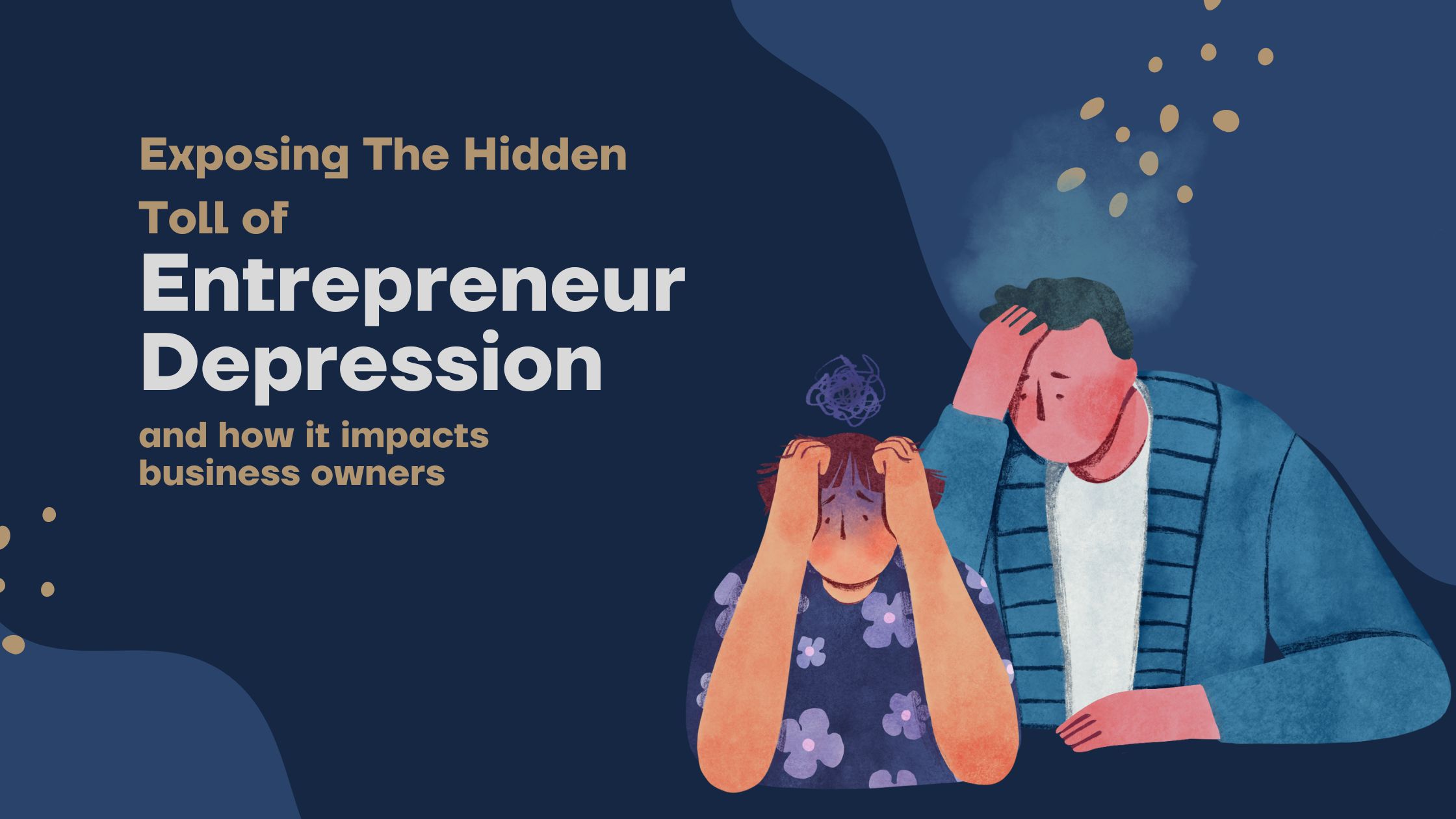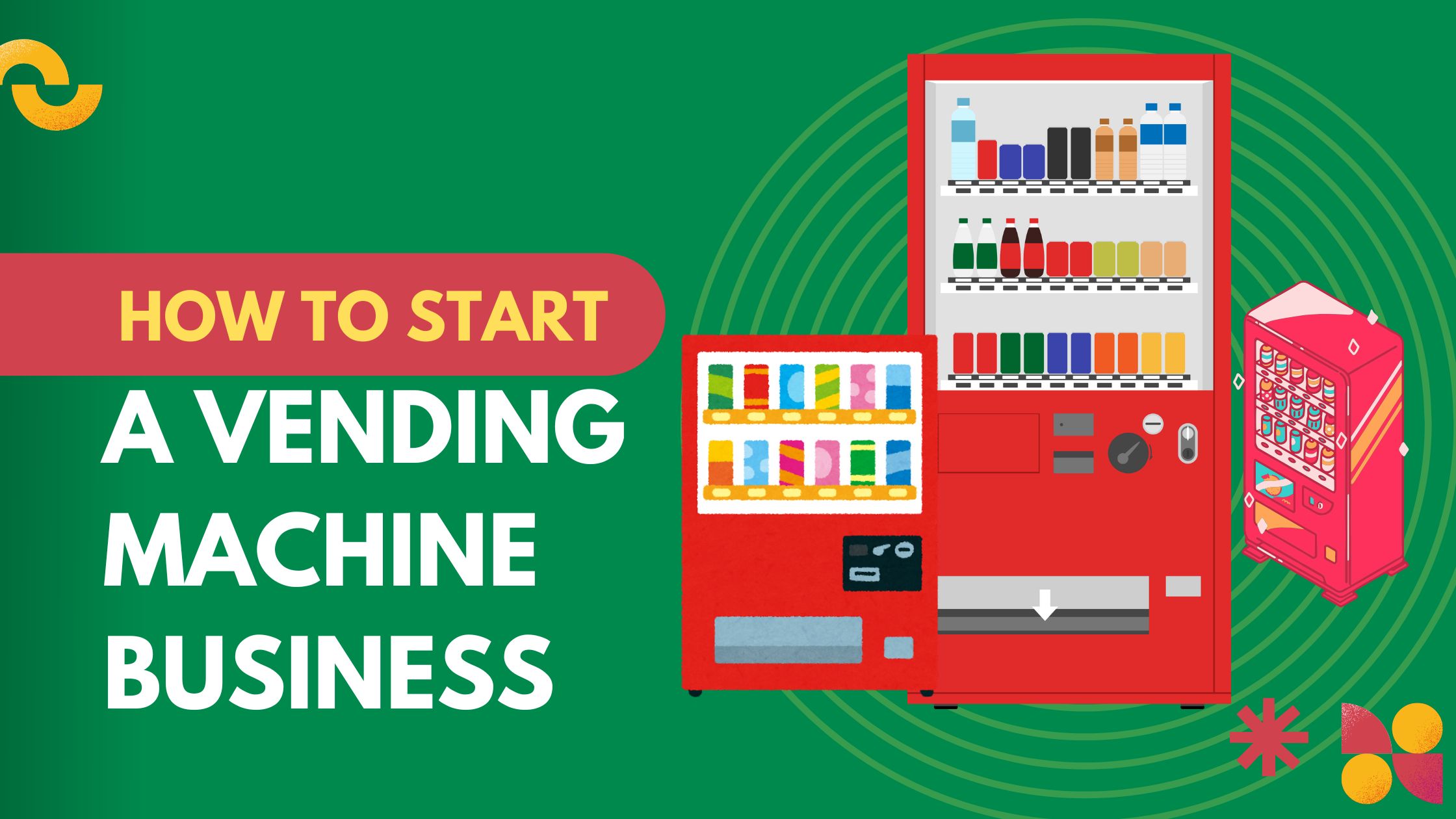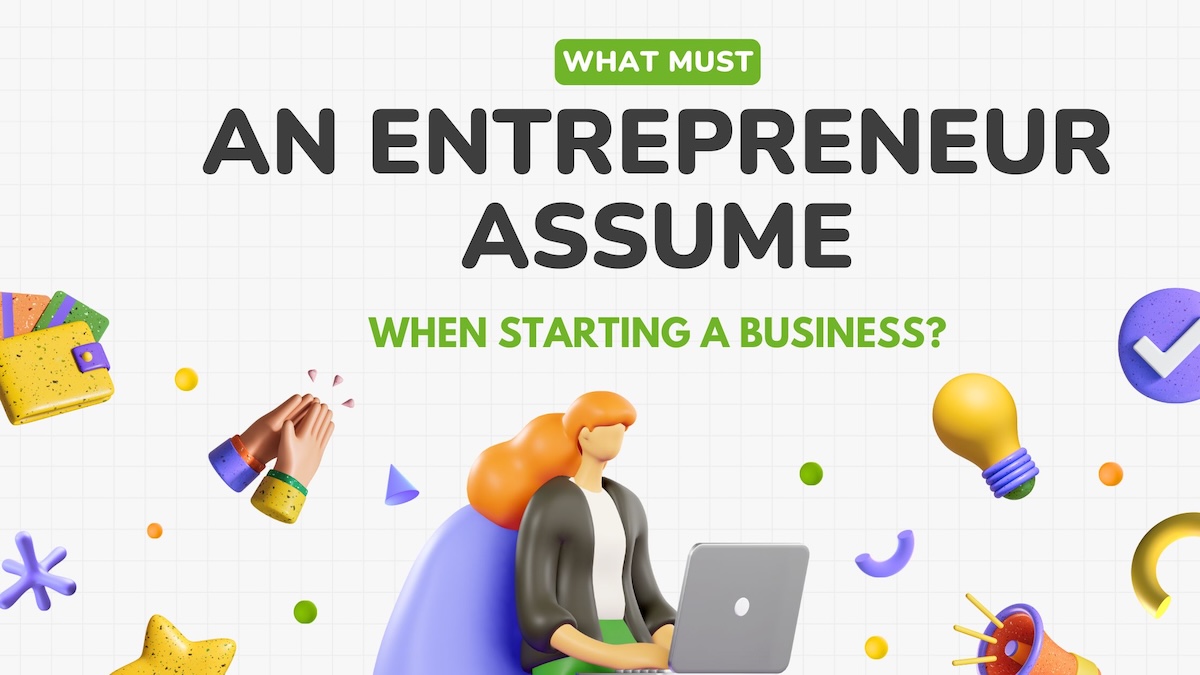
Entrepreneur depression is a hidden toll that many founders face in silence. Behind the excitement of launching a startup and chasing dreams, a quiet battle often rages on. Many founders feel immense pressure, and this stress can lead to depression—a challenge that is frequently overlooked.
In today’s fast-paced business world, mental health issues like entrepreneur depression aren’t just personal problems. They affect decision-making, creativity, and even business performance. It might surprise you to know that many successful founders struggle with this too. Let’s break it down:
- High Pressure: Constant deadlines and high expectations can take a toll.
- Isolation: Many entrepreneurs work alone, leading to feelings of loneliness.
- Stigma: Talking about mental illness is still taboo in many business circles.
Here’s a quick snapshot to illustrate the contrast between the general population and entrepreneurs:
| Aspect | General Population | Entrepreneurs |
|---|---|---|
| Depression Incidence | 1 in 15 adults per year | 30% more likely to experience depression |
| Mental Health Challenges | Varied, but often less pronounced | High stress, isolation, and burnout |
As you can see, entrepreneur depression is a serious issue that deserves our attention. In the following sections, we’ll explore its causes, warning signs, and, most importantly, strategies to overcome it. Are you ready to dive in and uncover the hidden toll of entrepreneur depression? Let’s get started!
1. Understanding Entrepreneur Depression
Entrepreneur depression is more than just a buzzword; it’s a real, often unspoken challenge that many startup founders face. In this section, we’ll explore what entrepreneur depression really means and why so many business owners struggle with it.
1.1 What Is Entrepreneur Depression?
Entrepreneur depression refers to the unique form of depression experienced by business founders and startup leaders. Unlike general mental health conditions, it’s deeply intertwined with the intense pressures of running a business. Here’s what sets it apart:
- Unique Triggers: While anyone can experience depression, entrepreneurs often deal with the constant stress of decision-making, financial responsibilities, and the unpredictable nature of startups.
- Overlapping Issues: Entrepreneur depression frequently overlaps with other mental health challenges, such as anxiety and burnout. It’s not uncommon for founders to face multiple issues at once.
- Stigma and Silence: Despite its prevalence, many entrepreneurs feel pressured to hide their struggles. They worry that admitting to depression might be seen as a weakness in an environment that prizes resilience and relentless ambition.
To put it in perspective, consider the following comparison:
| Aspect | General Mental Health Conditions | Entrepreneur Depression |
|---|---|---|
| Common Triggers | Personal life events | Business pressures and financial risks |
| Frequency of Occurrence | Varies widely | Significantly higher among startup founders |
| Social Stigma | Recognized and increasingly accepted | Often hidden due to fear of professional repercussions |
As you can see, entrepreneur depression is not only about the symptoms of depression—it’s also about the context in which these symptoms occur.
1.2 Why Are Entrepreneurs More Vulnerable to Depression?
Entrepreneurs face unique challenges that can make them especially susceptible to depression. Here are some key reasons:
- Enormous Pressure: The constant drive for success often leads to overwhelming stress. Every decision, every setback, and every small failure can contribute to feelings of inadequacy and hopelessness.
- The “Never-Not-Working” Mindset: Many founders adopt a 24/7 work ethic, leaving little room for rest or self-care. This relentless pace not only drains energy but also disrupts a healthy work-life balance.
- Social Isolation: Unlike traditional employees, entrepreneurs often work in isolation. Without a regular team environment, they miss out on the natural support systems that can help alleviate mental strain.
- Fear of Failure: The high stakes of entrepreneurship mean that failure isn’t just a setback—it can feel like a personal defeat. This fear can compound stress and worsen depressive symptoms.
- Financial and Operational Risks: With personal finances and reputations on the line, the pressure to perform is immense. This can make even minor challenges feel catastrophic.
Imagine juggling a dozen balls at once, where dropping just one could mean the end of your business. That’s what many entrepreneurs face daily, and it’s no wonder that such constant pressure can lead to a mental health crisis.
By understanding these unique challenges, we can better recognize the warning signs and work toward solutions that support both the mental health and the success of our entrepreneurs.
2. Key Warning Signs of Entrepreneur Depression
Entrepreneur depression often creeps in subtly. One day, you might feel fine, and the next, things feel overwhelmingly off. Recognizing these warning signs early is crucial. In this section, we’ll uncover the emotional, behavioral, cognitive, and physical symptoms that signal entrepreneur depression.
2.1 Emotional and Behavioral Red Flags
Entrepreneur depression isn’t always loud. Sometimes, it whispers through small changes in your emotions and actions. For instance, you might notice:
- Persistent Sadness or Irritability: Even on busy days, a constant low mood or bursts of irritability can signal deeper issues.
- Withdrawal from Social Interactions: If you suddenly avoid networking events or skip team lunches, you could be isolating yourself.
- Loss of Motivation: Tasks that once excited you may now feel like burdens. This drop in enthusiasm is a big red flag.
- Increased Anxiety: Overwhelming worry or panic over everyday decisions can indicate emotional distress.
- Disrupted Sleep Patterns: Whether it’s insomnia or oversleeping, changes in sleep often accompany emotional turmoil.
These signs can be as subtle as a whisper, yet they speak volumes about the state of your mental health. Moreover, recognizing these early can help you take action before things worsen.
2.2 Cognitive and Physical Symptoms
Not only do emotions play a part; your mind and body send out signals too. Let’s break down these symptoms:
– Cognitive Symptoms:
- Difficulty Concentrating: Struggling to focus on tasks or frequently zoning out can be a sign.
- Memory Lapses: Forgetting details or missing deadlines might indicate your brain is overwhelmed.
- Decision-Making Struggles: When choices, even small ones, become paralyzing, it’s a red flag for entrepreneur depression.
– Physical Symptoms:
- Changes in Appetite: Either eating too much or too little can be linked to stress and depression.
- Fatigue and Low Energy: Feeling tired all the time—even after a full night’s sleep—can be a physical manifestation.
- Headaches or Muscle Tension: Regular physical pain without a clear cause can also point to underlying mental stress.
Here’s a quick table summarizing these symptoms:
| Category | Symptoms |
|---|---|
| Cognitive | Difficulty concentrating, memory lapses, decision-making struggles |
| Physical | Changes in appetite, chronic fatigue, headaches, muscle tension |
As you can see, these cognitive and physical symptoms can create a domino effect, making everyday tasks seem like insurmountable challenges. Recognizing these signs early not only helps in addressing entrepreneur depression but also paves the way for recovery and renewed vigor in both business and life.
3. The Impact of Entrepreneur Depression on Business and Life
Entrepreneur depression isn’t just a personal struggle—it can ripple through every aspect of a business and life. When depression sets in, it can affect everything from your decision-making skills to your relationships. So, how exactly does it impact your business and personal well-being?
3.1 How Depression Affects Business Performance
When entrepreneur depression takes hold, it can derail even the most promising business ventures. Imagine trying to navigate a storm without a compass—this is how depression can leave your business rudderless. Here are some key ways it impacts performance:
- Decision Fatigue: Depression clouds judgment. Entrepreneurs might find it difficult to make quick decisions, leading to delays and missed opportunities.
- Financial Consequences: When mental illness go untreated, costly mistakes may occur. Poor decision-making can lead to financial losses or even jeopardize your business.
- Operational Disruptions: A lack of energy and focus means day-to-day operations suffer. Projects might stall, and deadlines can be missed.
- Innovation Slowdown: Creativity is vital in business. However, depression often stifles innovation, making it hard to think outside the box.
To better illustrate these points, consider this table that outlines the differences between a healthy business mindset and one affected by depression:
| Aspect | Healthy Entrepreneur | Affected by Depression |
|---|---|---|
| Decision Making | Clear, timely, and effective | Slow, uncertain, and overwhelmed |
| Financial Management | Proactive and strategic | Reactive and error-prone |
| Team Leadership | Inspiring and communicative | Disengaged and often isolated |
| Innovation | Open to risks and creative solutions | Risk-averse and limited by negative thinking |
Each of these points shows how depression can create a cascade of challenges, turning small issues into major obstacles. By understanding these impacts, entrepreneurs can begin to tackle the problem head-on.

3.2 The Personal Toll: Relationships, Family, and Well-being
Depression doesn’t stop at the office door—it seeps into every part of your life. When you’re battling entrepreneur depression, personal relationships can suffer dramatically. Think about it: when you’re struggling, even the simplest interactions can feel overwhelming.
- Strained Relationships: Depression can create distance between you and your co-founders, employees, or family. Conversations might become less frequent, and conflicts may arise more easily.
- Social Isolation: Many entrepreneurs isolate themselves, partly out of the need to work nonstop. This isolation can worsen depression, as it cuts you off from much-needed emotional support.
- Family Impact: When your mind is consumed by business pressures, your family life might take a back seat. Loved ones may feel neglected, and this can lead to further emotional strain.
- Personal Well-being: The toll on mental health often leads to neglecting physical health too. Poor sleep, unhealthy eating habits, and lack of exercise are common among those battling depression.
Here’s a simple snapshot to illustrate the personal consequences:
| Personal Aspect | Without Depression | With Entrepreneur Depression |
|---|---|---|
| Relationships | Warm, supportive, and communicative | Tense, isolated, and often conflict-ridden |
| Social Engagement | Regular and fulfilling | Limited and often avoided |
| Physical Health | Balanced with proper self-care | Neglected due to overwhelming stress |
| Family Life | Involved and nurturing | Disconnected and strained |
Ultimately, the personal toll of entrepreneur depression is profound. It’s like trying to run a marathon with a weight tied around your ankles. By acknowledging and addressing these issues early, entrepreneurs can not only save their businesses but also rebuild and enrich their personal lives.
So, what can be done when you see these warning signs? In the next section, we’ll explore strategies to overcome entrepreneur depression and reclaim both business performance and personal happiness. Ready to find out how to turn things around? Let’s keep going!
4. Strategies to Overcome Entrepreneur Depression
Entrepreneur depression is tough, but you can fight back with the right strategies. In this section, we’ll share practical steps to help you regain control of your mental health and boost your business performance.
4.1 Building a Strong Support System
A strong support system is like the backbone of your mental well-being. It helps you navigate tough times and keeps you connected. For instance, consider these key elements:
- Mentorship:
Connect with experienced entrepreneurs who have been through similar challenges. Their guidance can be a lifesaver. - Peer Support:
Engage with fellow entrepreneurs in your community. Sharing your experiences can lessen the burden. - Networking:
Attend startup events or join business groups. Fresh perspectives often bring new solutions. - Professional Help:
Sometimes, a business coach or therapist can provide objective insights that you might not see on your own.
Think of building your support system like constructing a sturdy bridge—each element reinforces your path to recovery. Here’s a table that sums up the different support avenues:
| Support Type | Benefits | Examples |
|---|---|---|
| Mentorship | Guidance and strategic advice | Veteran entrepreneurs, business coaches |
| Peer Support | Shared experiences and accountability | Startup communities, mastermind groups |
| Networking | Fresh perspectives and collaborative opportunities | Industry meetups, online forums |
| Professional Help | Tailored therapy and crisis management | Therapists, mental health professionals |
Each resource builds a safety net, ensuring you’re not alone in your journey. Moreover, reaching out for support is a powerful step toward overcoming entrepreneur depression.
4.2 Mental Health Care Tips for Entrepreneurs
Now, let’s dive into some actionable mental health care tips. These practical steps can easily fit into your busy schedule:
- Establish a Routine: Create a daily schedule that balances work, relaxation, and personal time.
- Set Boundaries: Learn to say no. Protecting your time is crucial.
- Mindfulness Practices: Try meditation, deep breathing, or yoga to clear your mind.
- Exercise Regularly: Even a short walk can significantly boost your mood.
- Digital Detox: Limit screen time to help reduce stress.
- Professional Therapy: Consider both traditional therapy and modern person therapy to address your unique needs.
These simple habits can be small tools in your toolbox for long-term mental well-being. They help keep stress at bay and encourage a healthier, more balanced life. Furthermore, incorporating these practices into your daily routine can be the key to managing and eventually overcoming entrepreneur depression.
By building a strong support system and adopting effective mental health care tips, you lay a robust foundation for resilience and success. Up next, we’ll explore practical steps for preventing entrepreneur depression altogether. Stay with us as we continue this journey!
5. Practical Steps for Preventing Entrepreneur Depression
Entrepreneur depression isn’t just about dealing with issues after they arise. Preventing it means creating habits and systems that keep stress in check before it builds up. Here, we focus on practical strategies to prevent burnout and maintain a balanced life.
5.1 Creating a Healthy Work-Life Balance
A healthy work-life balance is crucial for keeping entrepreneur depression at bay. Balancing work and personal time isn’t easy, but it’s absolutely essential. When you set boundaries, you’re not just protecting your time—you’re investing in your mental health. Here are some actionable tips:
- Set Clear Boundaries: Create a schedule that marks the start and end of your workday. Stick to these times religiously.
- Prioritize Self-Care: Dedicate time to activities that recharge you—whether it’s exercise, hobbies, or simply unwinding.
- Delegate and Share Responsibilities: Don’t try to do everything on your own. Share tasks with your team or consider hiring help.
- Take Regular Breaks: Even short breaks can help reset your mind and prevent burnout.
- Unplug and Disconnect: Allocate periods during the day to step away from screens and digital distractions.
Think of your work-life balance like a well-tended garden. When you nurture it with care, it flourishes. Otherwise, it withers under neglect. Here’s a quick table to illustrate the difference between maintaining a balance and the chaos of neglect:
| Aspect | Healthy Work-Life Balance | Lack of Balance |
|---|---|---|
| Schedule | Structured with clear start/end times | Overloaded and unregulated |
| Delegation | Tasks are shared among team members | One person handles everything |
| Self-Care | Regular exercise, hobbies, and rest | Minimal or no personal time |
| Stress Levels | Manageable and controlled | High stress and chronic burnout |
By following these strategies, you create a foundation that not only improves your quality of life but also bolsters your business performance. In essence, a balanced life leads to a healthier mind, making you more resilient to the pressures of entrepreneurship.
5.2 Recognizing When to Seek Professional Help
Even with the best self-care practices, sometimes you need a helping hand. Recognizing when to seek professional help is critical. Here’s how you can know it’s time to talk to someone:
- Persistent Emotional Signs: If you’re feeling constant sadness, irritability, or anxiety despite your self-care efforts, it might be time to consult a professional.
- Behavioral Changes: Noticeable shifts like withdrawing from social interactions or a significant drop in motivation can be red flags.
- Physical Symptoms: If you’re constantly fatigued, experiencing sleep disturbances, or facing unexplained aches and pains, these might be signals from your body.
- Feedback from Others: When friends, family, or colleagues express concern about your mental state, it’s a good indicator that professional support could help.
Professional help can take many forms. Here are a few options:
- Traditional Therapy: One-on-one sessions with a mental health professional who can help you explore and address underlying issues.
- Group Therapy or Support Groups: Sharing your experiences with others in similar situations can provide comfort and new perspectives.
- Online Therapy Platforms: Accessible and flexible, these services offer support from the comfort of your home.
To help you decide, here’s a table summarizing key indicators for seeking professional help:
| Indicator | When to Seek Professional Help |
|---|---|
| Emotional Signs | Persistent sadness, irritability, or overwhelming anxiety |
| Behavioral Changes | Withdrawal, loss of motivation, or drastic routine changes |
| Physical Symptoms | Chronic fatigue, sleep issues, or unexplained physical pain |
| Feedback from Others | Concern from family, friends, or colleagues |
Remember, asking for help is not a sign of weakness—it’s a strategic step towards regaining control of your life. Just like you wouldn’t ignore a check engine light in your car, don’t ignore the signals your mind and body send you. By recognizing when professional help is needed, you empower yourself to tackle entrepreneur depression head-on.
With these practical steps, you lay the groundwork for a healthier, more resilient you. Next, we’ll wrap up our discussion with some final thoughts on building a culture that values mental health and well-being in the entrepreneurial world.
6. Depression Risk by Business Stage
Entrepreneurship is often romanticized as a journey of passion and innovation, but the emotional cost can be overwhelming. At each stage of building a business, founders face unique pressures that can take a serious toll on their mental health. From the uncertainty of ideation to the burnout of scaling, and even the emotional fallout of exiting a business, the risk of depression fluctuates.
6.2 Entrepreneur Depression by Business Stage
Understanding how depression rates vary across different business stages can help entrepreneurs recognize the mental health challenges they might face and take proactive steps to protect their well-being. The table below breaks down the depression risk at each stage, highlighting the key stressors and psychological impacts that business owners often experience.
| Business Stage | Description | Depression Risk (%) | Key Stressors | Psychological Impact |
|---|---|---|---|---|
| Ideation Stage | The initial phase where an idea is developed into a potential business concept. Entrepreneurs conduct market research and assess feasibility. | 35-45% | Self-doubt, financial insecurity, lack of direction, external skepticism. | Anxiety from uncertainty, fear of failure, overthinking. |
| Startup Phase | The business is launched, requiring heavy investment of time, money, and energy. Typically the most unstable phase. | 50-65% | Long working hours, high financial risk, funding pressure, isolation, overwhelming workload. | Increased stress, burnout, social withdrawal, sleep deprivation. |
| Growth & Scaling | The business gains traction and starts expanding. Hiring employees, managing larger teams, and optimizing operations become critical. | 45-55% | Leadership responsibilities, managing expectations, increased competition, delegation struggles. | Impostor syndrome, work-life imbalance, high emotional strain. |
| Maturity & Stability | The business is well-established with consistent revenue and operations. Founders shift focus to maintaining growth and innovation. | 30-40% | Fear of stagnation, pressure to innovate, investor expectations, leadership fatigue. | Loss of motivation, feeling trapped, reduced passion for work. |
| Crisis & Uncertainty | The business faces financial trouble, external disruptions, or declining performance, requiring major strategic changes. | 60-70% | Revenue decline, layoffs, debt, loss of investor confidence, economic downturn. | Extreme stress, hopelessness, anxiety disorders, panic attacks. |
| Exit or Failure | The entrepreneur sells, shuts down, or exits the business, often due to burnout, acquisition, or market failure. | 65-75% | Identity crisis, financial loss, loss of purpose, regret, public perception. | Depression, deep sadness, PTSD-like symptoms, substance abuse risks. |
6.2 Key Takeaways:
- Startup and failure stages have the highest depression rates due to intense pressure, financial struggles, and fear of failure.
- Growth & scaling phases also pose significant mental health risks, primarily due to leadership challenges and increasing complexity.
- Even in maturity, stability, or after an exit, depression risk remains as entrepreneurs may feel trapped, uninspired, or uncertain about their next move.
FAQs – Answers to Common Questions About Entrepreneur Depression and Mental Health?
FAQ1. Do different types of entrepreneurs face different mental health challenges?
Here’s a unique and insightful table breaking down different types of entrepreneurs, their defining traits, the specific mental health challenges they face, and the estimated likelihood of experiencing entrepreneur depression.
| Type of Entrepreneur | Description | Mental Health Challenges | Depression Risk (%) |
|---|---|---|---|
| Startup Founder | Innovators who launch high-growth companies, often seeking venture capital. | Extreme pressure, financial instability, fear of failure, long work hours. | 72% |
| Small Business Owner | Operates local or niche businesses with a steady customer base. | Financial stress, work-life imbalance, overwhelming responsibilities. | 52% |
| Freelancer | Self-employed individuals offering specialized skills/services. | Social isolation, income unpredictability, self-doubt, burnout. | 58% |
| Solopreneur | Runs a business entirely alone, handling all tasks independently. | Decision fatigue, loneliness, lack of support, exhaustion. | 64% |
| Serial Entrepreneur | Continuously starts new ventures, often selling or exiting previous businesses. | High failure rates, constant uncertainty, mental fatigue. | 68% |
| Social Entrepreneur | Builds businesses focused on social impact and change. | Emotional burden, moral dilemmas, resource constraints. | 55% |
| Tech Entrepreneur | Innovates in technology, often leading startups in AI, SaaS, or digital products. | Rapid market shifts, high competition, pressure to scale fast. | 70% |
| Lifestyle Entrepreneur | Starts a business to support personal passions and flexibility. | Financial insecurity, work-life confusion, stagnation fears. | 45% |
| Corporate Escapee | Leaves a traditional 9-to-5 job to start their own venture. | Fear of instability, loss of corporate benefits, identity crisis. | 50% |
These percentages are estimations based on studies of entrepreneurs and mental health. The trend is clear—entrepreneurship comes with significant mental health risks, and different business models bring different emotional struggles.
FAQ2. Why is entrepreneur depression often overlooked in the startup community?
Entrepreneurship is glorified as a relentless hustle, making it difficult for founders to admit struggles. The “never-not-working” mindset and pressure to appear successful often prevent business owners from seeking help. As a result, mental health concerns are frequently dismissed as part of the journey rather than serious conditions that require attention.
FAQ3. Can certain personality traits make an entrepreneur more prone to depression?
Yes. Studies suggest that perfectionists, high achievers, and risk-takers—traits commonly found in successful entrepreneurs—are more vulnerable to depression. The constant pursuit of success, fear of failure, and the inability to delegate tasks can lead to emotional exhaustion and mental health crises.
FAQ4. How does cultural isolation impact entrepreneurs’ mental well-being?
Many entrepreneurs, especially those working remotely or in niche industries, experience cultural isolation. Without a strong support network or relatable peers, startup founders can feel disconnected, which increases feelings of loneliness and depression. This is particularly evident in founders from underrepresented backgrounds or those operating in high-pressure markets.
FAQ5. Are there early-stage interventions that can help prevent a mental health catastrophe in entrepreneurship?
Absolutely. Implementing mental health care strategies from the start can reduce the risk of depression. This includes integrating therapy into business expenses, scheduling regular mental health check-ins, and encouraging founders to set sustainable work hours. Startup incubators and accelerators can also offer behavioral health education to prepare entrepreneurs for the emotional toll of business ownership.
Conclusion: The Entrepreneur Depression
In wrapping up, it’s clear that entrepreneur depression is not just a personal struggle—it’s a pervasive challenge that can impact every facet of an entrepreneur’s life. We’ve explored what entrepreneur depression is, recognized its warning signs, and uncovered its profound impact on both business performance and personal well-being. Most importantly, we’ve shared actionable strategies and practical steps to overcome this hidden toll.
Remember, every entrepreneur’s journey is unique, and taking care of your mental health is just as important as driving your business forward. By building a strong support network, embracing self-care practices, and seeking professional help when needed, you can reclaim control over your mental health and, in turn, boost your business success.
To put it all together, consider the following roadmap as a guide for a healthier entrepreneurial journey:
| Recovery Strategy | Key Action | Long-Term Benefit |
|---|---|---|
| Building Support Networks | Join peer groups, mentorship programs, and networking events | Shared wisdom and an emotional safety net |
| Adopting Self-Care Practices | Engage in regular exercise, take digital detoxes, and schedule breaks | Enhanced focus, resilience, and improved work-life balance |
| Seeking Professional Guidance | Utilize traditional therapy or online counseling services | Tailored coping strategies and objective insights |
| Cultivating Work-Life Balance | Establish clear work boundaries and dedicate time for family and hobbies | Sustained energy and overall well-being |
| Embracing Open Conversations | Foster discussions about mental health with your team and peers | Reduced stigma and a more supportive culture |
Ultimately, overcoming entrepreneur depression isn’t about erasing the challenges; it’s about learning to navigate them with resilience and support. Let’s commit to making mental health a priority—not only for our own well-being but also for the health of our businesses. Together, we can transform the entrepreneurial landscape into one that values balance, transparency, and robust support systems.
Visit Official Government Resources
Feeling overwhelmed by the pressures of entrepreneurship? You’re not alone. If you’re struggling with depression or mental health challenges, it’s crucial to seek help. Visit official government resources like the National Institute of Mental Health (NIMH) for expert guidance and support. Your mental well-being is just as important as your business success—take the first step toward recovery today.


































